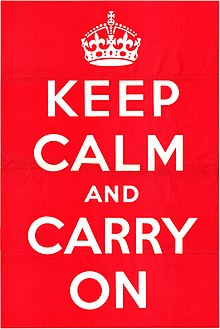Acabo de começar a ler as primeiras linhas de “Questions Are the Answer” de Hal Gregersen e o tema fez sentido. Muitas vezes, a resolução de um problema difícil passa por olhar para ele de uma forma diferente, com um olhar diferente e colocar perguntas diferentes, que ajudam a chegar a respostas diferentes.
Também recordo uma frase que me marcou tanto nos anos 90, enquanto estava sentado num banco à espera de companhia para o jantar.
"Não é o que nos acontece que conta, é o que nós decidimos fazer com o que nos acontece."De manhã li "The Doris Day effect – when obstacles help us" e sublinhei:
"Was the car accident that redirected her career an extraordinary twist in the story of an extraordinary life? Or was it typical of some broader truth about life, that frustrations can actually help us? Perhaps it is true that what does not kill us makes us stronger.Junto tudo isto e penso na loucura do Brexit...
...
Often failure is simply failure, and a setback is exactly what it seems. But sometimes the obstacle that has been placed in our path might provoke us to look around, and perhaps to discover that a better route was there all along."
Vai ser duro para os ingleses e pode dar para o torto de forma duradoura. Sobretudo se já tiverem uma maioria da população a viver à custa do estado e das pensões e reformas. Mas também pode ser duro, dar para o torto durante alguns anos, até emergir um novo normal de certo modo positivo. Sobretudo se assumirem que o mundo não está contra eles e que os males que vão sofrer foram enviados por uns maus.




%2006.21.jpeg)












